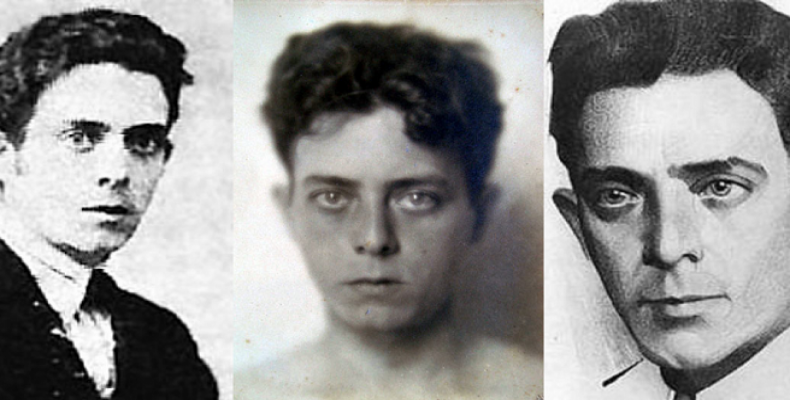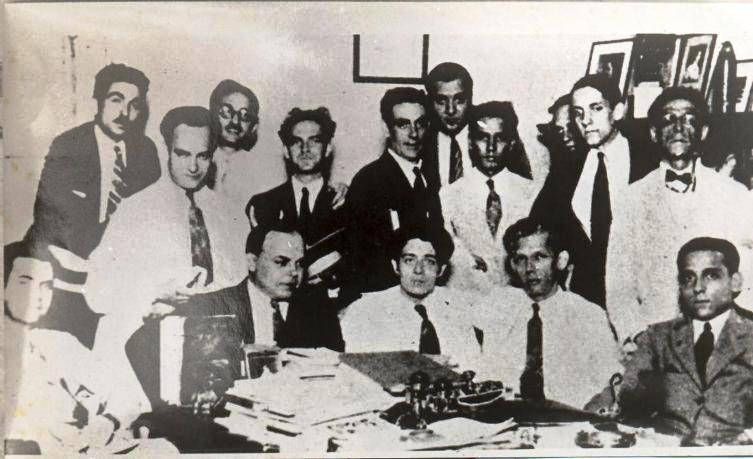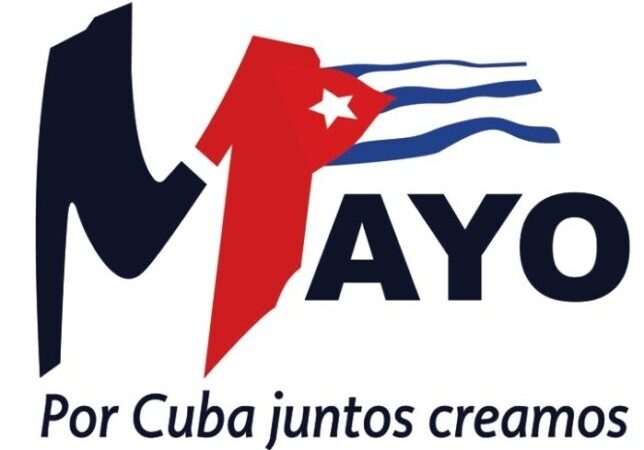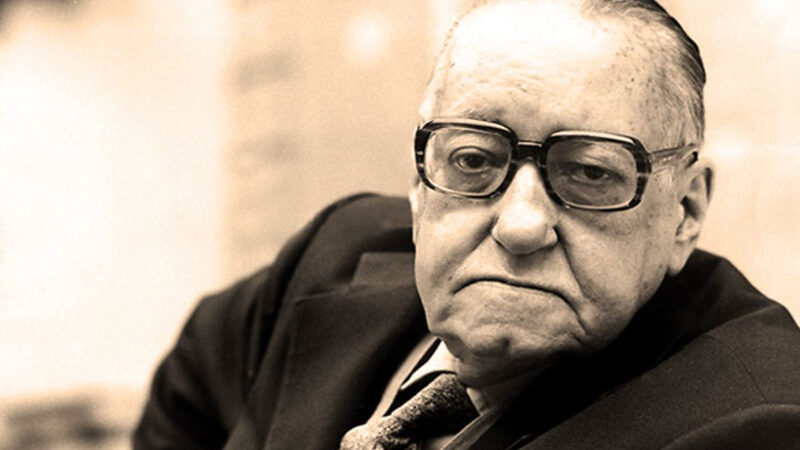Rubén Martínez Villena, a tenacious will at the service of an ideal

Rubén Martínez Villena was a significant figure in Cuban history during the last century. Despite his short life, he was known for his intense commitment to his ideals. This dedication was evident from his youth, and Máximo Gómez had predicted that his life would be as bright as noon. Villena was an intellectual who excelled in his legal studies, but he was not confined to the academy or literary groups.
He was rebellious and dedicated himself to the fight for Cuba’s destiny; he started his political journey in 1923 with the Protest of the Thirteen, which protested against the government’s repressive policies. He later became involved in the struggle against the regime of Gerardo Machado. Despite being ill with tuberculosis, Villena organized the strikes in March and August 1930.
During this period, he participated in various organizations, including the Minorista Group, the Falange de Acción Cubana, the Veterans and Patriots Movement, the Anti-Imperialist League, the Anti-Clerical League, the First National Congress of Students, the José Martí Popular University, and the Communist Party of Cuba, which was founded by Julio Antonio Mella and Carlos Baliño.
After graduating, Rubén Villena worked as a lawyer in Fernando Ortiz’s law firm, providing legal services to the National Confederation of Cuban Workers (CNOC) and his close friend, Mella. He attended a meeting with Gerardo Machado, where he gave him a description of a donkey with claws which Machado later became known for.
Rubén Villena was grounded in reality and inspired by José Martí’s vision for a better future. He defended these aspirations with strength and determination, including through his work as a writer and poet.

His poetry included several works such as Peña Arriba, El rescate de Sanguily, Madrigal, La verdad del campesino, Mensaje lírico civil, and Canción del sainete póstumo. While humor, love, and eroticism were present in his compositions, they were interrupted by the urgency and priority of the national cause.
In response to a polemic with Jorge Mañach, Rubén once said: «I destroy my verses, I despise them, I give them away, I forget them: they interest me as much as most of our writers are interested in social justice.»
His literary production also included prose, which was praised by Raúl Roa. The emergence of the prose writer in Ruben was a significant event that took place alongside his remarkable lyrical talent. He was not just any ordinary prose writer but a writer like a few others in our village environment. He was a master of a highly personal instrument, capable of capturing all the nuances and cultivating all the genres with apparent success. His prose gave new lustre and a peculiar colour to the short story and literary criticism, the chronicle, and the pamphlet. Like his poetic works, his prose had a piercing and gentle vein of irony that insensibly penetrated the spirit.
Cuba, factoría yanqui is an example of Ruben’s exceptional talent. According to Virgilio López Lemus, the work was admirable in the precision of its data and the quality of its prose, which knows how to keep the distance between political essays and pamphlets or partisan reports.
Ruben’s departure on 16 January 1934 is another reason to take a closer look at the life of this infinitely human man. Loló, sister of Pablo de la Torriente Brau, his close friend, explained how Villena spoke in his last moments with the eloquent conviction of someone who knew how circumstances change. «People pass away, situations change, and the only thing that remains, eternally renewed, is people,» she said.
Raúl Roa presented a selection of Rubén’s works in the edition of La Pupila Insomne titled Una semilla en un surco de fuego. Roa praised Villena’s life and work, emphasizing his courage and determination. Roa described how Villena died peacefully in his bed, which was in fact a symbol of his strength and resilience in the face of adversity. Like José Carlos Mariátegui’s wheelchair, Villena’s bed would always be remembered as a symbol of what can be achieved with a strong will and dedication to a noble cause.
Translated by Luis E. Amador Dominguez



